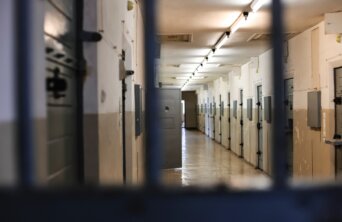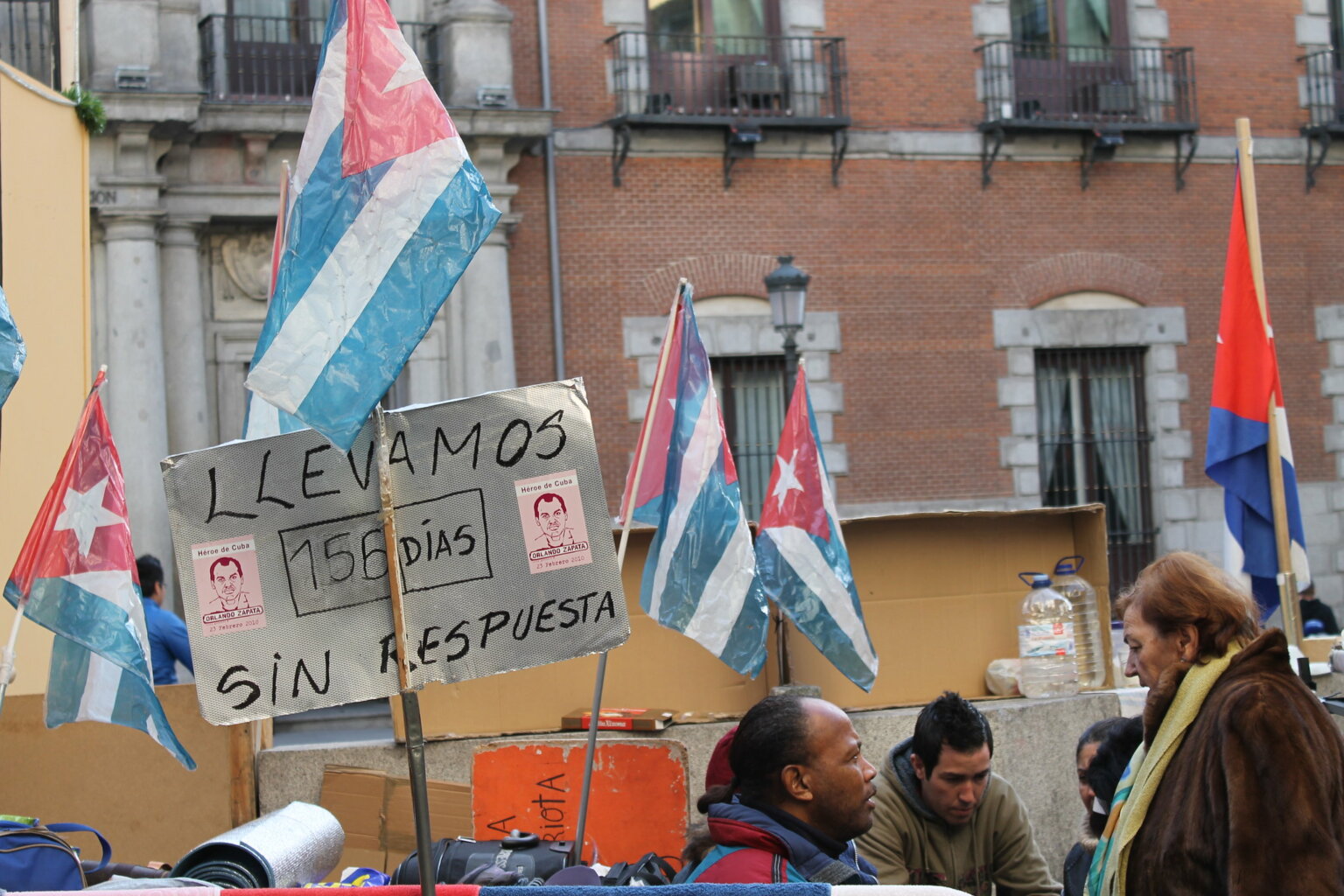- About
- Topics
- Picks
- Audio
- Story
- In-Depth
- Opinion
- News
- Donate
- Signup for our newsletterOur Editors' Best Picks.Send
Read, Debate: Engage.
| topic: | Human Rights |
|---|---|
| located: | El Salvador, Brazil |
| editor: | Ellen Nemitz |
During El Salvador's state of emergency, prisons have commonly been used as a tool to combat gang violence. Since March 2022 thousands of people have been arrested, even though not all have been proven guilty, and most have remained deprived of liberty before a fair trial is carried out. Since then, at least 153 of them have died while in custody - many in violent ways, says a report released by the NGO Cristosal.
The Salvadoran human rights organisation assesses that the "exception regime" has become permanent, without a constitutional basis due to popular support, as if this would be the only way of ending criminality. "The lack of a security policy has been evident this year, which has been limited only to the regime of exception as a model of punitive populism. Under this strategy, judicial guarantees have been dismantled and the independence of justice operators has been eliminated, in order to allow the majority of arrests to be carried out without prior investigation and ignoring the fact that thousands of people detained are not linked to gangs," reads the document.
In order to allow people to understand what is really going on in El Salvador, where gangs dominate the scenario and often grab normal people's lives for their own interest, Cristosal displays the stories of two men killed in prison: one used to be forced to supply gangs with food, while the other just dared to use his vehicle. The deaths have been made public, the NGO says, although "authorities deny any responsibility on the part of the police and prison administration."
Similarly, human rights violations in large overcrowded penitentiaries are common in Brazil, as well. The United Nations Committee Against Torture has just released its conclusions about the country's efforts to avoid cruel, inhuman or degrading treatment or punishment.
Despite acknowledging Brazil's efforts in addressing human rights' violations, the committee highlights that, in prisons, the majority of inmates are black people. Having one of the largest imprisoned populations in the world - 820,000 people in 2021 -, two thirds of the incarcerated in Brazil are black. This share has been increasing, says the Brazilian Forum on Public Safety, which is a result of a deeply rooted racism, the report denounces.
Torturous practices have also been reported within the institutions, such as kicking, beating, suffocation, the use of electric shocks, pepper spray, tear gas, noise bombs and rubber bullets, as well as verbal abuse and threats. Concerning situations are also observed in facilities for detention of young people, called the socio-education system.
Moreover, for Brazilian inmate's families, seeing their relatives can be as torturing and degrading. According to denunciations, even though intimate search is prohibited, many women are forced to take clothes off and go through extremely embarrassing exams to make sure they are not carrying prohibited items. Even bowel cleansing has been reported by the journalist Fabíola Perez to the local outlet Uol. Even so, wives and kids are systematically denied to visit their loved ones.
Image by Matthew Ansley

